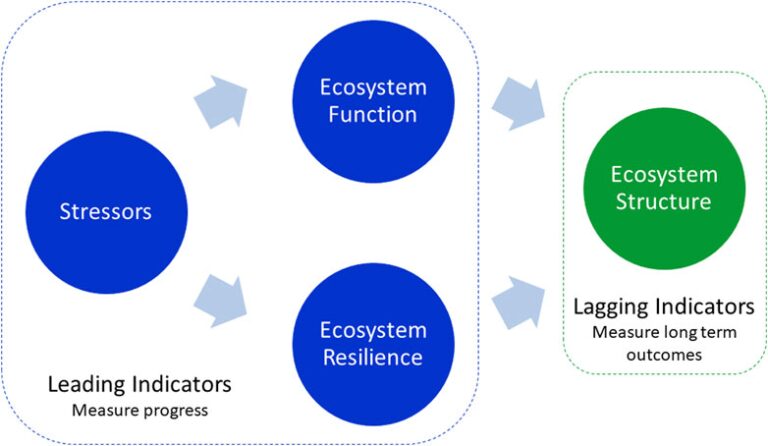The article discusses the critical need for effective ecosystem management in light of significant environmental degradation across major ecosystems in the U.S. and beyond. It emphasizes a shift from narrowly defined restoration goals aiming to recreate historic conditions towards a broader, process-oriented definition of “ecosystem health,” which encompasses maintaining ecological processes, supporting biodiversity, and enhancing resilience against disturbances.
The authors argue that traditional approaches, often rooted in regulatory frameworks like the U.S. Clean Water Act, have not yielded expected improvements due to their focus on static conditions rather than dynamic processes. They propose a management framework for large river basins, exemplified by the Mississippi-Atchafalaya River Basin (MARB), that integrates reduction of stresses, enhancement of ecosystem function, and increased resilience.
A conceptual model linking key stressors (land use change, river engineering, climate change) to ecosystem functions is introduced, along with a set of “leading” indicators that can serve as early warning systems for changes in ecosystem health. The article stresses the importance of adaptive management, which combines both leading and lagging indicators to better inform management decisions.
The conclusion encourages the adoption of a complex, integrative approach to watershed management that recognizes both terrestrial and aquatic components, emphasizing resilience and functional diversity to enhance ecosystem health in the MARB and similar ecosystems globally. The proposed strategies highlight the need for a coordinated governance structure to address the multifaceted nature of ecosystem degradation effectively.


